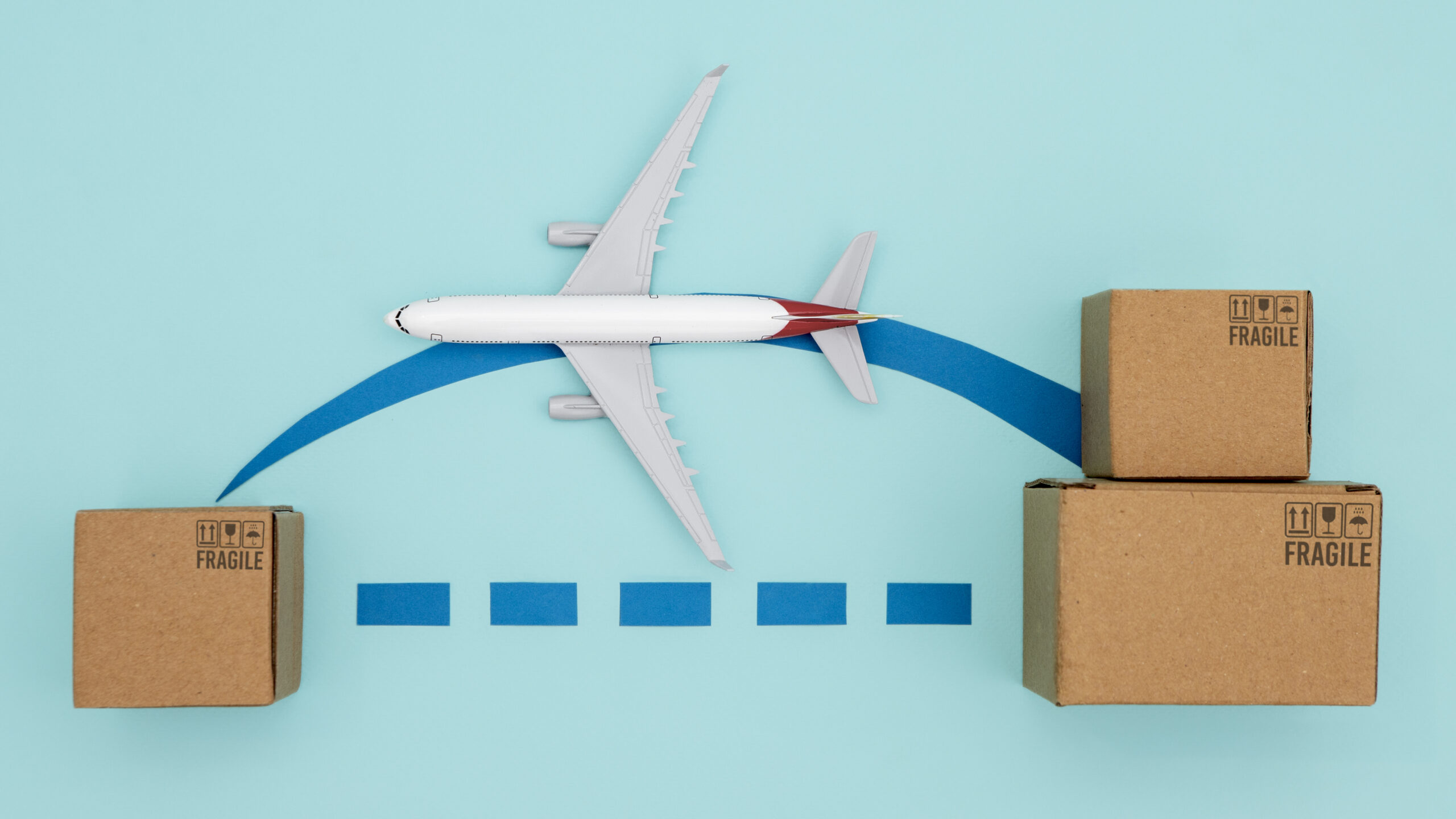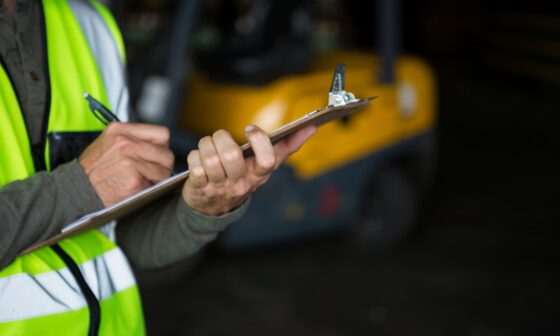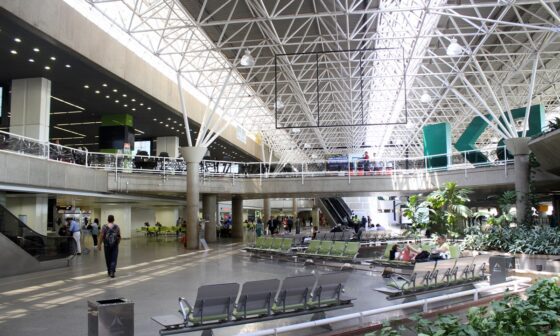Following extensive discussions, new measures have been announced for cross-border e-commerce imports. These imports, made through international platforms, were subject to questioning regarding the payment of taxes. The rules governing cross-border imports are outlined in Normative Instruction No. 1,737 of 2017, which clearly and objectively requires the payment of import taxes for purchases made by individuals on an e-commerce platform (B2C). Therefore, the answer to this question is a resounding YES.
In Brazil, as well as around the world, this e-commerce model experienced rapid growth, especially after the events of COVID-19, leading a significant portion of the global population to rely on online commerce as the primary means of obtaining products. We witnessed the emergence of several new platforms in Brazil that entered the market, competing with the domestic retail sector burdened by bureaucracy and high tax obligations, including labor costs.
Cross-border e-commerce gained popularity among Brazilians, primarily due to the low prices resulting from the non-payment of import taxes. Yes, we know that import taxes have always been due in this type of operation! The problems associated with this practice were numerous and went beyond economic and tax-related issues, including billions of reais being evaded, strain on logistics infrastructure, arms smuggling, synthetic drug trafficking, and environmental issues caused by abandoned packages.
International platforms flourished during the online shopping boom, flooding the domestic market with attractively priced products — often half the price of formal national retailers — and offering a wide range of products, contributing significantly to their success and popularity.
However, the new rules have already shown that the landscape will no longer be the same. We have seen a significant decrease in cross-border imports and a recovery in the stock value of major national retailers. So, what can we expect going forward?
Remessa Conforme Program — Aligning Revenue and the Market
It is important to remember that the new rules did not emerge out of thin air. The Brazilian Federal Revenue Service (RFB) worked in partnership with the private sector throughout 2022 through the Procomex Institute. This initiative brought together practically all international platforms, the Brazilian Postal Service (Correios), and representatives from the domestic retail sector, such as the Retail Development Institute (IDV), the Brazilian Textile Retail Association (ABVTEX), and the United for Brazil Institute (IUB).
Various discussions were held to address all legal aspects of this importation model, the responsibilities of companies operating within it, process flaws, the concept of exemption, as well as non-compliance issues that hindered customs control and posed risks to consumers.
Once the framework was established, companies were able to contribute to the new importation model. Numerous meetings were held for open debate, proposals, and suggestions, culminating in the publication of Normative Instruction No. 2,124 on December 16, 2022. This instruction received the collaboration of virtually all companies operating in cross-border e-commerce, as well as those affected by it. It was in line with the Brazilian Customs Service and aligned with the thinking of major customs administrations worldwide.
The publication of the Remessa Conforme Program represents another step towards correcting the problems we still face, as it brings equity to the market with equal fiscal and customs treatment, including in relation to postal package operations.
As it is a voluntary program, companies that seek to provide a “consumer experience” to their customers will have a great interest in joining, as they will have a much faster customs clearance process for goods. On the other hand, companies that do not join or do not meet the requirements for program participation will undergo a more rigorous customs clearance process, which is expected to result in longer processing times for orders and, consequently, longer customs clearance and delivery times for the merchandise to the customer.
Precise, reliable, and equal information
In addition to customs clearance treatment, there will be a requirement for information sharing between companies and the Brazilian Customs. No company – whether participating in the Remessa Conforme Program or not – will be exempt from providing the necessary information for a proper risk analysis by the Customs, such as product descriptions and import tax rates, including ICMS (a state-level tax), for all transactions occurring on an e-commerce platform.
The reduction in the import tax rate for orders up to $50 should not be confused with the “De Minimis” benefit. It is a distinct matter and should be seen as a process in this moment of balancing for the national retail and international platforms.
It is important to emphasize that the mentioned reduction in the tax rate applies only to the import tax, and therefore, the ICMS still needs to be paid. This differentiated treatment will only be given to companies participating in the Remessa Conforme Program, which will require companies to provide a series of information and submit the order information in advance for risk analysis and management. Companies that fail to comply with the rules may be disqualified from the program.
The problem is not “De Minimis” – and never was!
The problem we face today with unfair competition and market imbalance was never caused by the “De Minimis” benefit. The actual contributors to this situation were the lack of registration and control in imports, as well as the lack of clarity in existing regulatory rules.
Analyzing the profile of imported orders allows for a better understanding of the issue. Importation rules, under the B2C importation regime, allow for imports of products up to $3,000 per order. However, there was a “false rule” of exemption for products up to $50, which was generated by the lack of rules and control. We can divide this situation into three categories:
- Orders that clearly had a value above $50 and were not eligible for exemption. However, taxes were not always collected, not because there was an exemption, but due to a system failure that prevented the registration of all orders and their consequent taxation.
- Orders that truly had a commercial value below $50 and were not subject to import registration. In these cases, taxes were only collected when such operations underwent physical inspection by the Brazilian Customs, making them taxable regardless of the value of the imported goods, as it was a B2C import.
- Finally, there were imports with a commercial value above $50 that, in an attempt to evade inspection, had their values underdeclared in the expectation of avoiding taxation. However, in these cases, besides being subject to fines from the Brazilian Customs, the orders could be seized.
We can see that the zero import tax rate will only apply to cases where the commercial value of the orders is truly below $50 and all the requirements of the Remessa Conforme Program are met. This is a completely different situation because, as we have seen, there was never an exemption for B2C orders of products up to $50. What existed were process failures, control failures, and lack of clarity in the rules.
In this context, some companies took advantage of these loopholes, which generated all the discussions about unfair competition. These companies were benefiting at the expense of the national retail industry, which complies with all existing internal rules.
Clear rules and increased competition
The benefits for those who comply with the requirements of the new importation rules will apply to everyone. The new regulatory framework will not be restricted to specific groups of companies. On the contrary, it applies to all for the benefit of all, which should be seen by the national retail industry as a great opportunity, as these companies already have rigorous compliance processes in their operations.
In reports published by major financial institutions, we can see that part of the market value recovery of large retailers is due to increased scrutiny of B2C imports. However, this alone will not be sufficient to ensure greater stability in the sector. The market needs to regain the market share lost in recent years to international platforms that took advantage of the lack of control.
While international platforms have advantages such as access to international sellers or more abundant financial resources, the national retail industry has a better understanding of the Brazilian consumer and their trust, which are extremely important factors in the strategy to develop cross-border trade within their platforms. This involves expanding their product catalogs, bringing innovative products, new brands, new models, and connecting their customers to the global consumer market. All of this requires a dynamic that only cross-border trade can provide, and international platforms understood this some time ago.
Furthermore, we believe that international platforms will quickly adapt and comply with the new compliance paradigms, adjusting their operational processes, prices, and product offerings.
The Brazilian retail market will undergo a major transformation. In the coming months, we can expect the launch of the TIK TOK marketplace’s live commerce operations. The Asian giant already has a significant share of e-commerce in China and has chosen Brazil as one of its priority markets for expansion, where it has a user base of 90 million. Other platforms, such as Temu, one of the main competitors of Shein, also see Brazil as a land of opportunities.
With clear and established rules, companies need to rethink their strategies. In this scenario, Sinerlog is prepared to meet the demands of the market. Our technological solutions allow both international platforms to comply with the new rules and facilitate cross-border trade for the national retail industry, ensuring a fair and healthy competition for the Brazilian consumer








